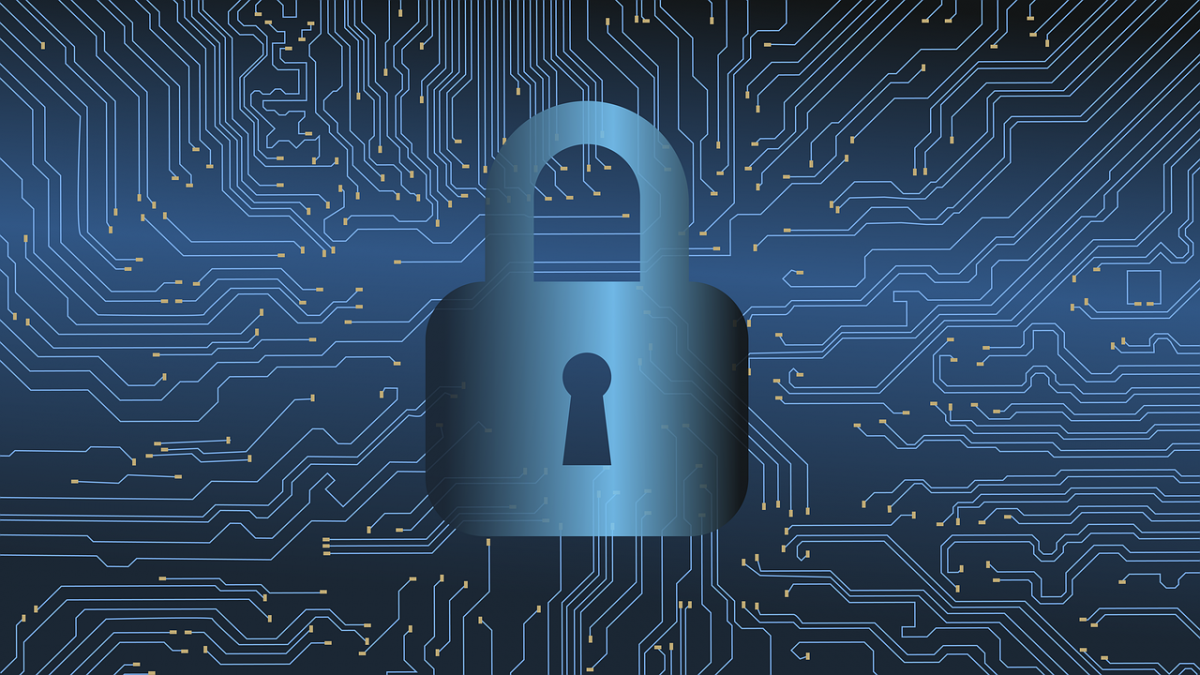Ensuring Cybersecurity Compliance: Legal Imperatives


Navigating the Digital Frontier: Cybersecurity Legal Compliance Imperatives
In an era dominated by digital transactions and interconnected systems, ensuring cybersecurity legal compliance is paramount. This article explores the essential considerations and imperatives for organizations to navigate the complex landscape of cybersecurity within the bounds of the law.
The Evolving Cyber Threat Landscape
The rapid evolution of cyber threats requires organizations to stay vigilant and proactive in safeguarding their digital assets. Cybercriminals employ sophisticated methods, making it imperative for businesses to understand the evolving threat landscape and take appropriate measures.
Legal Frameworks and Regulations
Governments and regulatory bodies recognize the severity of cyber threats and have implemented legal frameworks to protect sensitive data. Understanding and complying with these regulations, such as GDPR, HIPAA, or industry-specific standards, is crucial for organizations to avoid legal repercussions.
Data Protection and Privacy
One of the central aspects of cybersecurity legal compliance is the protection of sensitive data and user privacy. Organizations must implement robust measures to secure data, obtain consent for data processing, and provide transparency about how information is collected, used, and stored.
Incident Response Planning
Being legally compliant involves not just prevention but also having a solid incident response plan. Organizations need to outline procedures for identifying, containing, and mitigating the impact of a cybersecurity incident. This preparedness is not only good practice but often required by law.
Employee Training and Awareness
Human error remains a significant factor in cybersecurity breaches. Legal compliance necessitates ongoing training programs to educate employees about cybersecurity best practices, potential threats, and the importance of adhering to security policies.
Vendor Management
Many organizations rely on third-party vendors for various services, which introduces additional cybersecurity risks. Legal compliance requires thorough vetting of vendors, including their cybersecurity measures, to ensure that they meet the necessary standards.
Continuous Monitoring and Auditing
Compliance is not a one-time task; it’s an ongoing process. Regularly monitoring systems, conducting cybersecurity audits, and addressing vulnerabilities are essential for legal compliance and maintaining a robust cybersecurity posture.
International Considerations
In a globally connected world, international considerations are crucial for organizations operating across borders. Understanding and adhering to international cybersecurity laws and agreements is essential to avoid legal complications.
Legal Consequences of Non-Compliance
The consequences of failing to meet cybersecurity legal requirements can be severe. Fines, legal actions, reputational damage, and loss of customer trust are potential outcomes. Proactively meeting legal obligations is not only a legal imperative but also a strategic business decision.
Building a Cybersecurity Culture
Beyond legal compliance, organizations should strive to build a cybersecurity culture. This involves fostering a mindset where everyone in the organization understands the importance of cybersecurity, sees it as a shared responsibility, and actively participates in maintaining a secure environment.
Now that we’ve explored the imperatives of cybersecurity legal compliance, organizations must actively prioritize these considerations. For additional insights into navigating cybersecurity within legal bounds, check out this link for valuable resources and information.
Conclusion
In the digital age, cybersecurity legal compliance is not just a legal requirement but a fundamental aspect of responsible business practices. Organizations that prioritize cybersecurity within the bounds of the law not only protect themselves from legal repercussions but also contribute to a safer and more secure digital ecosystem.






